If you’re considering switching to green energy in Vancouver Canada, leasing solar panels is a great option that can help you save money on your energy bills. It allows you to enjoy the benefits of solar power without having to pay for the panels upfront.
In this guide, we’ll take a closer look at the benefits and disadvantages of leasing solar panels, as well as the advantages and disadvantages of buying solar panels at once. We’ll also provide you with some tips for getting the right solar energy system for your needs.
Ways to Pay for Solar Panels
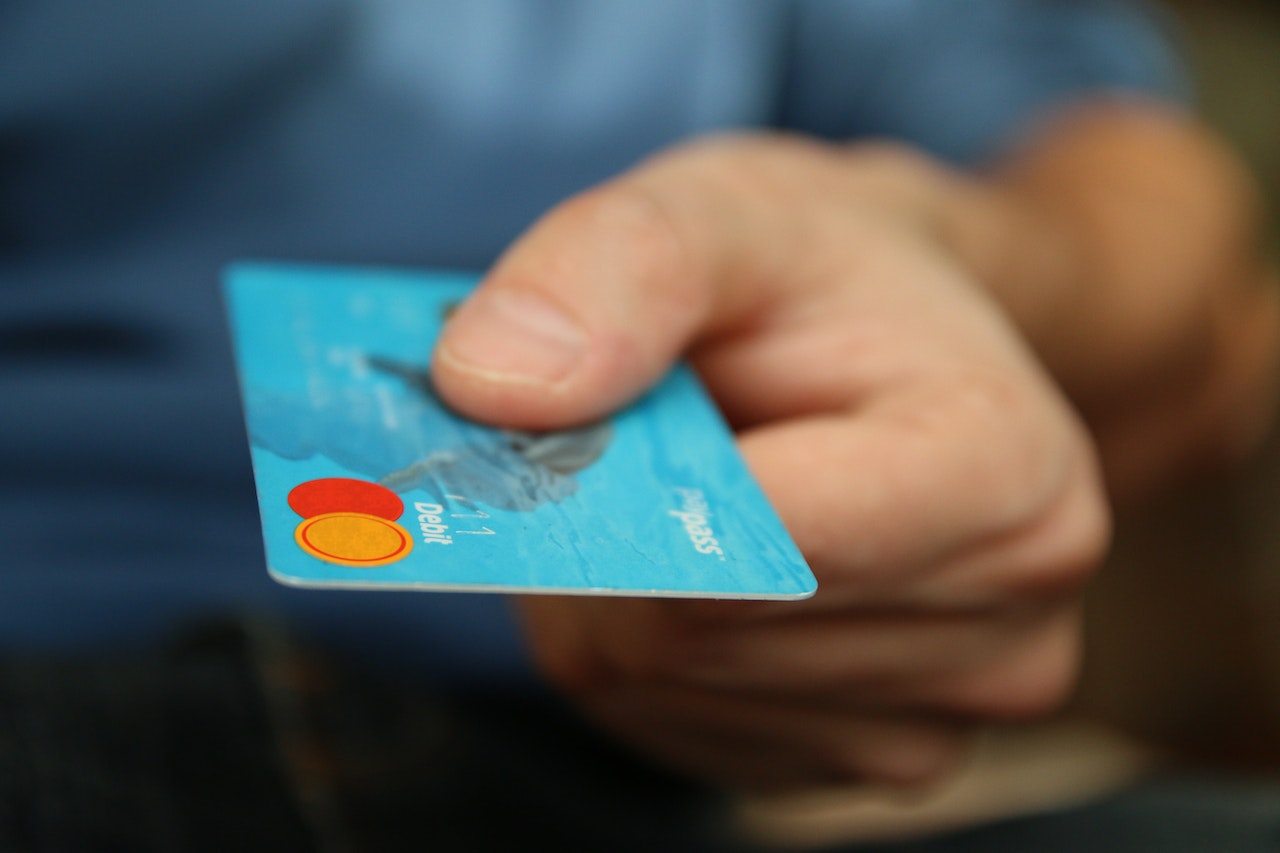
If you’re interested in installing solar panels for your home or business, you may be wondering how to finance this significant investment. Fortunately, there are several ways to pay for solar panels that can make this renewable energy source accessible to more people.
Cash
If you want to buy solar panels, cash is the most straightforward method of solar financing. If you have the money available, this option allows you to avoid interest charges and the hassle of applying for a loan. By paying upfront, you’ll also own your solar panels immediately, which means you can enjoy the full benefits of any energy savings, tax credits, or incentives without having to share them with a leasing or financing company.
Home Equity Loan
Another option to buy solar panels is through a home equity loan. This type of loan is secured by the equity you have built up in your home, and it typically comes with a lower interest rate than an unsecured loan. With a home equity loan, you’ll receive a lump sum of money that you can use to pay for your solar panels upfront. You’ll then make monthly payments on the loan, which will include both the principal and interest.
Solar Loan
A solar loan is a specific type of financing designed to help homeowners and businesses purchase home solar panel system. This type of loan is often unsecured, which means it doesn’t require collateral, and it may come with a lower interest rate than other types of unsecured loans. With a solar loan, you’ll receive a lump sum of money that you can use to pay for your solar panels upfront. You’ll then make monthly installments on the solar loan, which will include both the principal and interest. Therefore, if you want to buy solar panels, solar loans can be a viable option for many buyers.
Solar Panel Leasing

A solar lease is an option that many homeowners and business owners are considering. A solar lease is a contract between you and a solar utility company that allows you to use their solar panels to generate electricity for your home or business. In exchange, you make monthly payments to the solar provider for the use of the panels.
What Are the Typical Terms of a Solar Lease?
The terms of a solar lease can vary depending on the solar company you choose. In general, a solar lease will last for 20-25 years, which is the typical lifespan of solar panels. Monthly payments are typically based on the amount of electricity the solar system produces, which is measured in kilowatt-hours (kWh). The amount you pay per Kilowatt hour will be set in your lease agreement.
Advantages of Solar Panel Leasing
Low upfront expenses: Leasing a solar power system typically requires little or no money down, making it an affordable option for those who cannot afford to purchase a system outright.
Maintenance costs: With a solar lease, the leasing entity is typically responsible for maintenance and repairs, which can save you money on maintenance costs.
Monthly payments: Solar lease usually means you pay monthly installments rather than a lump sum payment.
Federal Solar tax credit: Although the leasing company may claim the federal solar tax credit, you can still benefit from lower monthly payments due to the credit being applied toward the cost of the leased solar panels.
Utility bill savings: By using solar leases, you can save money on your monthly utility bill by using renewable energy.
Disadvantages of Leasing Solar Panels
Long-term cost: Although leasing solar panels require a less upfront investment, the overall long-term cost could be higher than purchasing outright.
Lease agreements: You will be required to sign a contract for leasing solar panels which may come with specific terms and conditions.
No ownership: You will not own the solar panels and will not be able to take advantage of tax incentives or rebates.
Purchasing Solar Panels
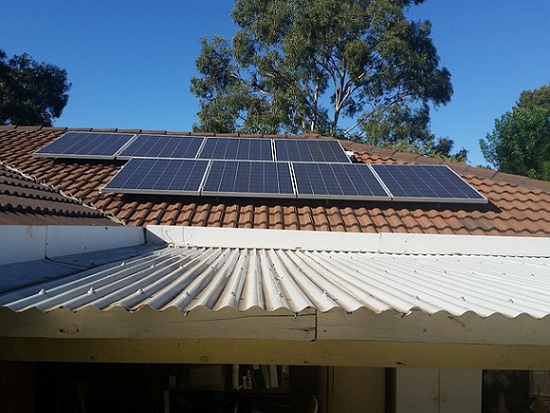
If you’re considering buying solar panels instantly, there are several advantages and disadvantages to consider.
Advantages of Buying Solar Panels
Ownership: Buying solar panels at once means you own them and can take advantage of tax incentives or rebates.
Long-term savings: While buying solar panels at once requires a larger investment, over time, you can save money on your utility bill and recoup the upfront expenses.
Increase in home value: Installing solar panels can increase the value of your home, making it an attractive feature to potential buyers.
Tax incentives: Homeowners can take advantage of the federal tax credits for buying solar panels, which could reduce the overall cost of the solar system.
Disadvantages of Buying Solar Panels
High upfront costs: Purchasing solar panels requires a larger upfront investment, which can be a barrier for some homeowners.
Maintenance Expenses: Homeowners are responsible for maintenance and repair costs.
Limited options: Homeowners may have limited options when it comes to solar panel providers or financing options.
Tips for Getting the Right Solar Energy System
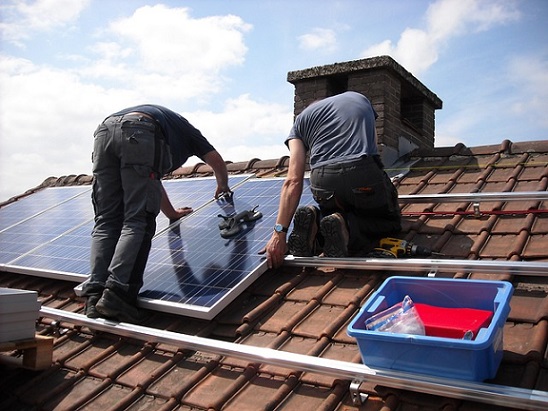
If you’re considering leasing or purchasing solar panels, it’s important to take the time to choose the right solar energy solution for your needs. Here are five tips to help you get started:
Consider Your Budget
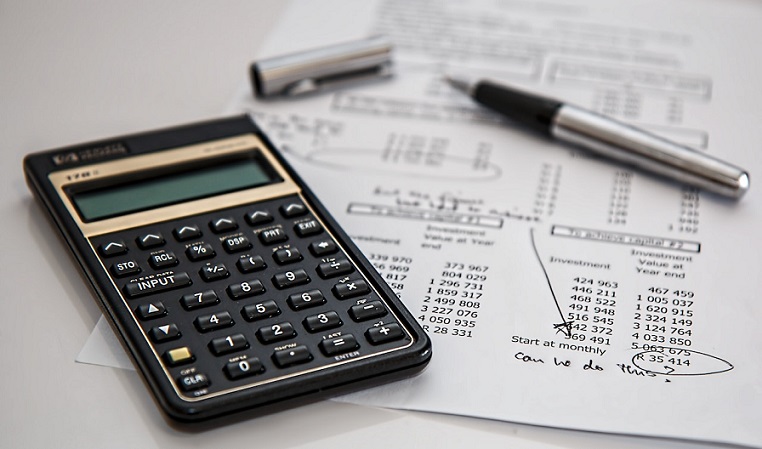
One of the first things you’ll want to consider is your budget. Renting solar panels can be a good option if you don’t have a lot of cash on hand, but purchasing solar panels outright may be a better choice if you’re able to make the upfront investment.
Consider Your Long-Term Goals
Finally, it’s important to consider your long-term goals when deciding whether to lease or purchase a solar power mechanism. If you plan to stay in your home or business for a long time, purchasing a solar energy mechanism may be a better option as you will eventually recoup the upfront costs through energy savings.
However, if you plan to move in the near future, leasing a solar system may be a better option as you won’t have to worry about selling the system when you move.
Consider Your Home’s Energy Needs
Before deciding whether to lease or purchase a solar system, it’s important to understand your home’s energy needs. Take a look at your utility bills to determine how much energy you use each month, and consider how much energy you may need in the future.
This will help you determine the size of the solar system you need to meet your energy needs and save money on your utility bill.
Leasing vs. Solar Power Purchase Agreement (Solar PPA)
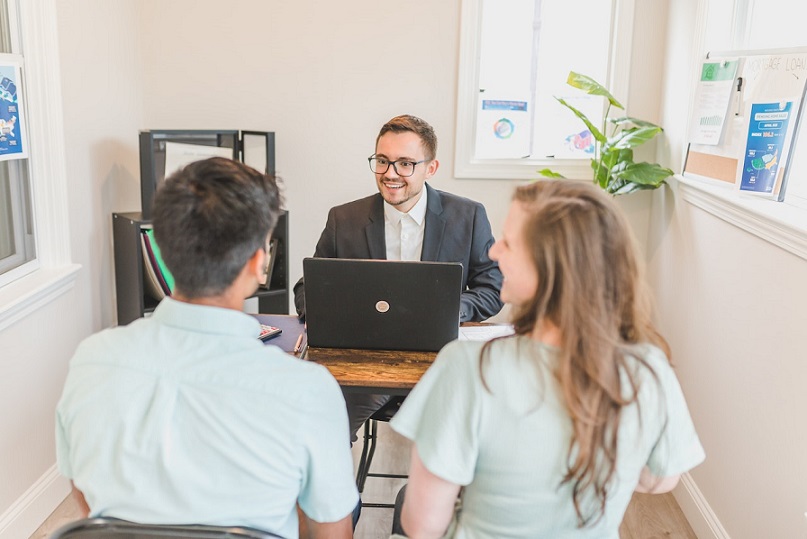
Aside from leasing solar panels from a solar leasing company, another option for those who want to use solar energy but cannot afford to purchase solar panels outright is a power purchase agreement (PPA).
A PPA is a contract between a solar panel provider and a homeowner or business owner in which the solar company installs a solar system on the property and the owner agrees to purchase the power generated by the system at a set rate over a set period of time, usually 10 to 25 years.
The advantage of a PPA is that the upfront costs are much lower than purchasing a solar system outright. The solar company covers the installation costs, and the owner only pays for the energy generated by the system. This means that the owner can start saving money on their electric bill immediately.
However, the downside of a PPA is that the owner does not own the solar system, which means they do not benefit from any tax solar incentives or rebates.
Additionally, the set rate for the energy generated by the system may be higher than the current utility rate, which means that the owner may not see as much savings on their utility bill as they would with a leased or purchased solar system.
The Bottom Line: Is it Better to Buy or Lease Solar Panels?
In conclusion, leasing solar panels can be a great option for homeowners and business owners who want to use solar energy but cannot afford to purchase a solar system outright. The advantages of leasing include lower upfront costs, no maintenance cost, and the ability to upgrade to newer technology when the lease ends.
However, there are also some disadvantages to solar leasing, such as the fact that the owner does not own the system and may not benefit from tax credits incentives or rebates. You can also go for solar loans.
Additionally, the monthly payment for a leased system may be higher than the savings on the utility bill, which means that the owner may not see as much financial benefit from leasing as they would from purchasing a solar system outright.
FAQs: Solar Leasing Vs Buying Solar Panels

Is leasing solar panels worth it?
It depends on your specific situation. Solar leases can be a good option for those who want to save money upfront and do not want to deal with maintenance and repair costs. Additionally, solar leasing companies may offer maintenance and repair services as part of the lease agreement.
However, leasing may not be a good option for those who want to own solar panels and benefit from long-term savings. It is important to compare the costs and benefits of leasing vs buying solar panels before making a decision.
What is the downside of leasing solar panels?
Leasing solar panels means you do not own the system and may not benefit from long-term savings. Additionally, you may be locked into a long-term contract with the leasing company and may not be able to remove or modify the system as desired.
The leasing company may also require certain restrictions or guidelines for system usage. Furthermore, leased solar panels may not add value to your property in the same way that purchased solar panels do.
Is it better to buy or lease solar panels?
The decision between buying or leasing depends on your specific needs and goals. Buying solar panels outright or through financing allows you to own the system and receive the long-term savings and benefits of renewable energy. However, it may require a high upfront cost, and you will be responsible for maintenance and repair costs.
Leasing solar panels can be a good option for those who want to save money upfront and do not want to deal with maintenance and repair costs. However, you will not own the system and may not benefit from long-term savings.

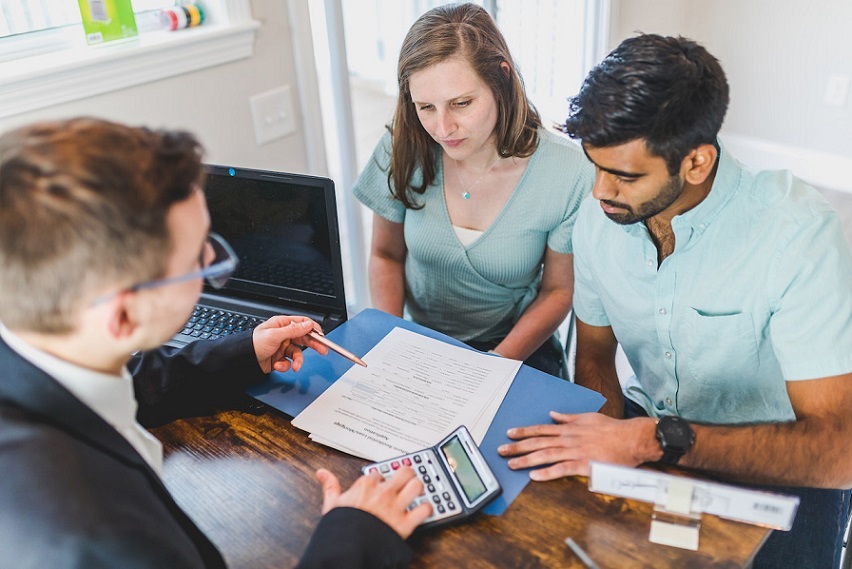
Leave a Reply